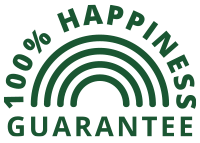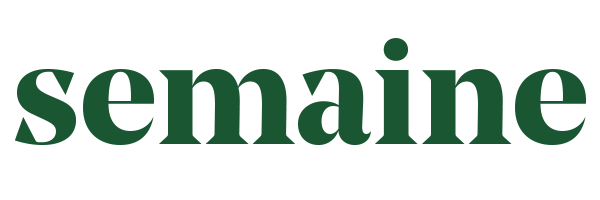When most of us think of wellness, we picture celery juice, kale, or thin people in bathing suits. This doesn’t quite encompass the whole picture, though.

The wellness industry has largely been dominated by wealthy cis white women who, ironically, use a lot of practices from cultures of color. Yoni steams date back thousands of years and are seen in almost every indigenous culture: African, Mayan, Greek, Native American, Cook Islands, Filipino, Japanese, and many other Asian countries. Yet, many probably think of Gwyneth Paltrow as the poster child. Yoga poses can be exceptionally helpful in relieving stress and cramps, but we often forget that the practice originated over 5,000 years ago in northern India.

These alternative methods that allow us to move through our periods with more ease, have been a blessing to those that have felt dismissed by doctors. More often than not, the ones dismissed are people of color. For those who have not seen the benefits of traditional methods like birth control and pain killers, these methods provide a sense of reclaiming their lives. The issue we still face is that the wellness industry is niche and expensive for the masses.
We believe that wellness should be accessible and available to all, whether it’s menstrual products, healthy food, or period pain relief.
Sometimes it’s hard to grapple with the fact that these things are happening in our own backyard. We often consider that other countries deal with things like period poverty or food desserts, but it’s also right here in the United States.

Not everyone has a car they can drive to a grocery store. They have to settle for whatever is within walking distance and available there. Gas stations and retail stores, like CVS and Walgreens, will have higher prices on smaller selections. Yet, we hear it on a loop: eat more fresh, whole foods. If eating fresh, organic produce is better for us, why isn't it more accessible or affordable? If it can truly help periods to be better, as well as fight other chronic conditions, why is it priced just outside of reach for most of us?
Then, there is the matter of menstrual products. The cost of single use pads and tampons adds up over time and some brands have toxic chemicals in them. Sustainable methods like cups, discs, undies and reusable pads, while money-saving in the long run, have a higher up front cost. For those who don't have access to private bathrooms, these aren't always the best option, either. Unfortunately, some can't afford or access either and have to resort to methods that are not safe for them, like old clothing, rags, paper, or whatever else is within reach.

There are two prongs to consider in making wellness available to all: relief and support, and education and empowerment.
We need to provide relief and support for those who cannot afford or access the products they need. Be it practical, like tampons, cups, and pads or pain relief solutions. Treating these needs as a right and not a privilege is so important. For menstruators, periods are part of life and how and when they arrive are not always in our control.
We need more progressive relief like Scotland has provided to their citizens. In 2020, they made history by passing a law that made them the first country to provide period products for free. Lifting that burden allows for a less stressful period.
We also need better access and affordability to healthier food. Our diets are so important to our overall health, this cannot be ignored. Whether it’s easier access to food stamps, or better transportation options for those without cars, everyone deserves food that is good for them.

There is also a need for more education and empowerment. So many bleeders don't recall receiving in-depth education regarding their periods. Questions need to be addressed, like, “What is actually happening each month in my body?,” “What are the signs of a healthy bleed?,” “What are signs that should point me to seeking medical advice or care?"
There are other questions, such as the ones that ask what we’re putting inside our bodies each month. “Are all tampons and pads safe?,” “What chemicals is my body exposed to while using them?,” “Is there a safer option?” For those that can't afford their products, do they know where they can go to receive complimentary ones?
There is more and more evidence pointing toward food being a cause of period pain, but how many feel well-versed in that information? The food and nutrition industries are vast and constantly being studied and researched. That means the information is always changing, making it harder for us to keep up with it. It can be overwhelming, but if what you put into your body affects so much of your daily life, it's worth trying to keep up with.

The dictionary definition of empowerment is: the process of becoming stronger and more confident, especially in controlling one's life and claiming one's rights. So how can we do that for our cycles? We can start with understanding how we can make a difference, individually. Maybe it's donating to a cause that gives menstrual care products to those in need, like No More Secrets. You could also contact your local representatives about the issue and tell them how vital it is that it's addressed. You could even support small businesses that are paving the way for the new menstrual health landscape; whether its sustainable period care, or supplements and products that help support your body.
Once we feel empowered as individuals, we can encourage others to join the cause and start the domino effect. Until one day, we end period poverty for good.


